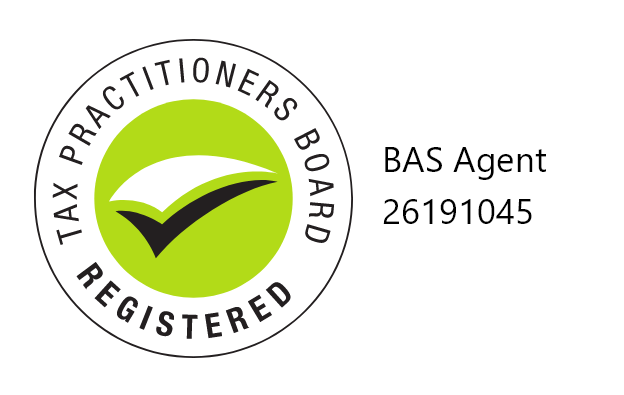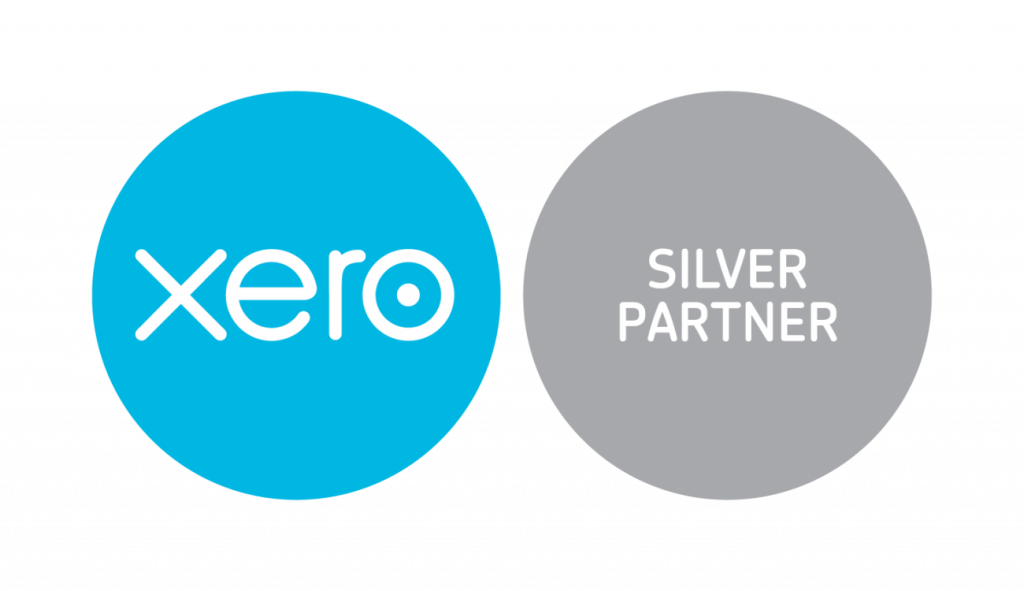As the trend of remote work continues to grow, many small businesses in Australia are embracing the concept of home offices. Setting up a home office not only provides flexibility for employees but also offers cost-saving opportunities for small businesses.
In this article, we will delve into the realm of home office expenses and explore how small businesses in Australia can maximise their work from home tax deductions, adhere to tax regulations, and make the most of their home office investments.
What is covered in this article?
- Eligibility for work from home tax deductions
- Deductible home office expenses
- Calculating home office tax deductions
- Record keeping and documentation
- Compliance and seeking professional advice
- Tax deductions for work-from-home employees
Eligibility for work from home tax deductions for small businesses
To claim home office expenses as deductions, small businesses must meet the following eligibility criteria:
- The home office is used for income-generating activities.
- The business owner has a dedicated area in their home used exclusively for business purposes.
- The business owner can demonstrate a clear connection between the home office and the business activities.
Deductible home office expenses may include
Running Costs: Businesses can claim a portion of expenses such as heating, cooling, lighting, and cleaning of the home office area. The proportion should reflect the actual business use compared to personal use.
Occupancy Expenses: For small businesses that own or rent their home, a portion of the mortgage interest, property insurance, and rates can be claimed based on the proportion of the home office area.
Small business owners should be aware that claiming deductions for a home office might affect the CGT exemption on the sale of their main residence. Consulting with a tax professional is crucial to understand the potential implications.
Depreciation: Small businesses can claim depreciation expenses for assets used in the home office, such as furniture, computers, printers, and other equipment. Depreciation is calculated based on the effective life of the asset.
Books & Balance
Calculating small business home office tax deductions
To determine the amount that can be claimed as a deduction for home office expenses, small businesses in Australia have two methods available:
Actual Expenses Method: This method involves calculating the actual running costs and occupancy expenses incurred for the home office. Small businesses need to maintain accurate records and receipts to support their claims. The percentage of business use must be determined based on the specific circumstances of the business.
Shortcut Method: Introduced by the Australian Taxation Office (ATO) as a simplified approach, the shortcut method allows small businesses to claim a fixed rate of 67 cents per hour for each hour the home office is used for business purposes. This method covers all eligible expenses, including depreciation, electricity, and other costs. However, it does not include occupancy expenses.
The cents per work hour has increased from 52 cents to 67 cents. The fixed rate method doesn’t require taxpayers to have a dedicated home office space to claim working from home expenses.
Record keeping and documentation
Maintaining thorough records and documentation is crucial for small businesses to substantiate their home office expense claims. Here are some key practices to follow:
- Keep all receipts, invoices, and statements related to home office expenses, including utility bills, furniture purchases, equipment repairs, and maintenance costs.
- Maintain a log or diary to record the hours spent in the home office for business purposes. This is particularly important when using the shortcut method for claiming deductions.
- Maintain accurate records of the proportion of business use in the home office, supported by floor plans or measurements.
Compliance and seeking professional advice
Small businesses must ensure compliance with Australian tax laws and regulations when claiming home office expenses. It is advisable to seek professional advice from accountants or tax specialists who are well-versed in the intricacies of home office deductions. They can provide guidance on eligibility, calculation methods, record-keeping practices, and any recent updates or changes in tax legislation.
Tax deductions for work-from-home employees of small businesses
If small businesses reimburse employees for home office expenses, they should ensure compliance with employment and taxation laws.
Employees may need to meet specific criteria, and documentation should be in place to support reimbursement claims.
To be eligible for claiming work-from-home expenses for employees, employees must meet the following conditions:
- Employee must be working from home to fulfil employment duties, not just carrying out a minimal task such as occasionally checking emails or taking calls
- Employees must have incurred the expenses as part of their employment duties.
- Employees must have spent the money themselves and not been reimbursed by the employer.
- The expenses must be directly related to work duties and not of a private nature.
- Employees must have appropriate records and documentation to support their claims.
Home office expenses for employees:
1. Running costs: They can claim a deduction for the running costs of their home office, including heating, cooling, lighting, and depreciation of office furniture and equipment.
2. Phone and Internet Expenses:
- If they use their personal phone or internet for work-related purposes, they can claim a deduction based on the percentage of business use.
- To support the claim, ask them keep records of usage, such as itemised bills or a diary recording work-related calls or internet usage.
3. Computer and Equipment Expenses:
- They can claim a deduction for the depreciation or decline in value of the computer, laptop, printer, or other electronic devices used for work.
- If the cost of the equipment is $300 or less, they can claim an immediate deduction in the year of purchase. For items over $300, you may need to claim deductions over multiple years.
4. Other expenses:
- Other work-related expenses that they may be able to claim include stationery, professional subscriptions, and work-specific software or tools.
Conclusion
Home office expenses offer small businesses in Australia valuable opportunities to reduce costs and maximise deductions. By understanding eligibility requirements, calculating deductions accurately, maintaining meticulous records, and seeking professional advice, small businesses can optimise their home office investments while ensuring compliance with tax regulations. Embracing the concept of home offices can empower small businesses to thrive in an increasingly remote work landscape.






